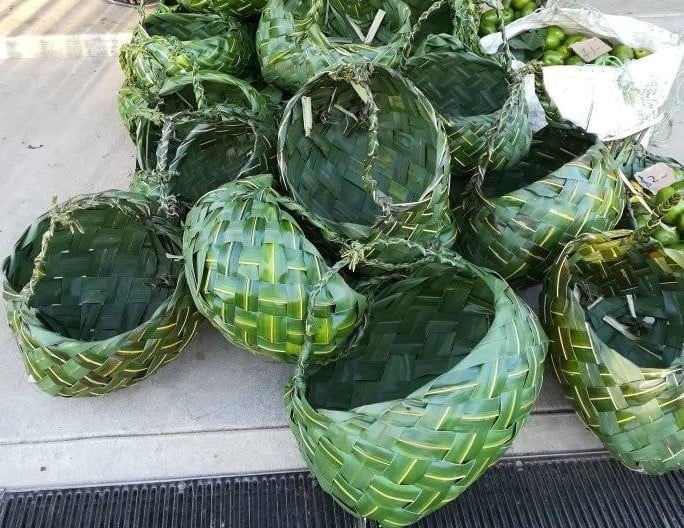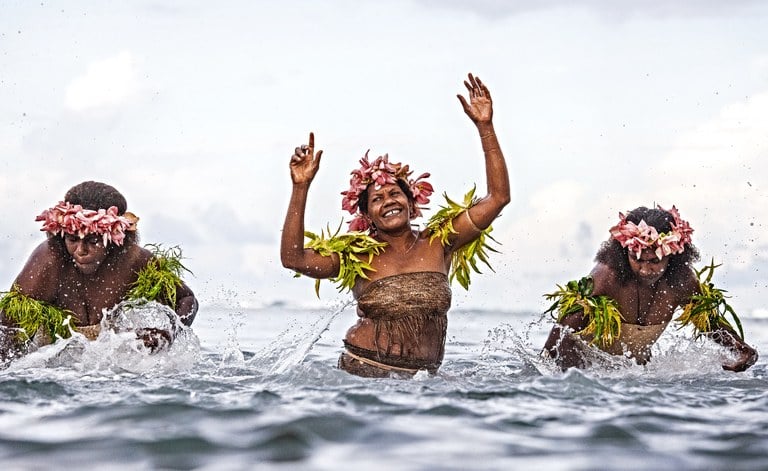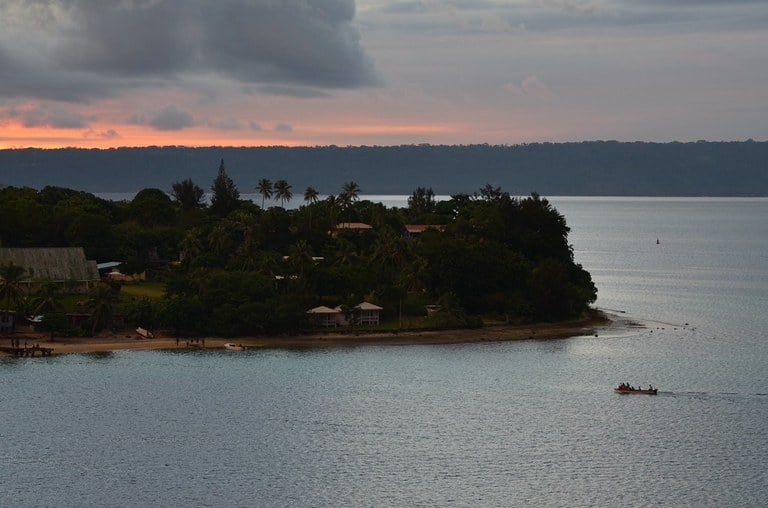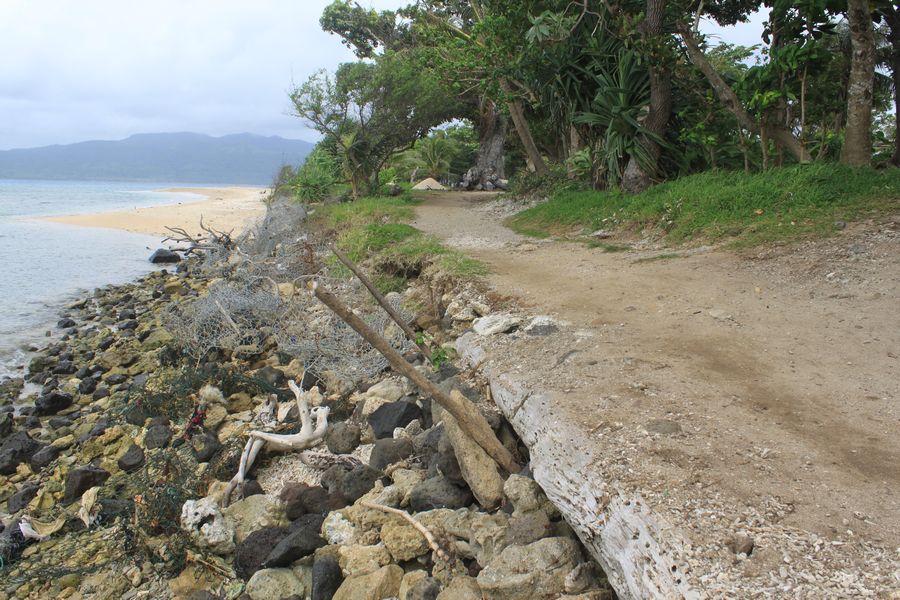The Pacific Community (SPC) has launched a new project dubbed “300 Coconut Bag Project” at the Melanesian Spearhead Group (MSG) headquarters Monday.
SPC in partnership with the Vanuatu Ocean Office at the Ministry of Foreign Affairs, the Vanuatu Society for People with Disability (VSDP) and the Ministry of Justice Disability team joined in the initiative with an aim to help reduce plastic pollution in the ocean by using thrown away plastic bags on seaside and beaches to make a strong reusable “300 plastic” market bags (that can repeatedly for at least one a year, strong enough to carry 300 coconuts over the course of the year).
The project was approved by the Canadian government with an amount of $41,691.69 CAD (VT3.5 million).
It also aims to provide employment to 100 youth, with special emphasis on youth with disabilities, who have lost their livelihoods with economic downturn by the COVID-19 crisis in Vanuatu.
According to SPC, the project will provide start up materials of recycled plastic collected from beaches and seaside by unemployed youth paid to pick up and clean the thrown away plastics. It will then provide trainings to the unemployment youth to manufacture the strong ‘300 Coconut’ market bags for sale. The project will further provide access to a confirmed market for sale of hand-made market bags for sustainable self-employment for 100 out of youths collecting the materials, making the product and selling it as well.
SPC’s regional director, Mia Rimon, said the grants given will be utilised in addressing the project. She said it seeks to ensure economic and livelihood sustainability for everyone as well.
“The goal is to help people who have lost their jobs in the COVID-19 crisis, concentrating on youth who are unemployed and especially youths with disability to have a livelihood to replace the lost income,” she explained.
“SPC will be helping in hiring a youth who has good connections with all youth groups in Port Vila, and we are working with VSDP as well, with a group called ‘Sunflower’ to create a basket of their own design which is strong and can hold up to 300 coconuts a year and does not break.
“These women alone with the youths collecting the plastics at the seaside, or anything they can use to weave this reusable plastic bags, so there is income for youths who have lost their jobs and for people with disability.
“We are looking at buying bags for families so they can use those bags in the recovery phase as well,” said Rimon.
Representatives from the Ministry of Justice disability team and VSDP also shared their gratitude towards the project and said it is an exciting and great opportunity for youths and people with disability to participate in such initiatives as in the past, youths and people with disability were always excluded from projects.
They said the joint partnership and the cooperation will pave way for all to work together and benefit from the project. All partners confirm they are looking forward to the activities and programmes.
The Vanuatu Ocean is conducting a clean-up campaign on north Efate collecting plastic rubbish in honor of World Ocean Day celebrated on 08 June. Rimon confirmed that the waste plastic collected will be the first materials used in the “300 Coconut Bag project”.
The new business initiative is expected to be sustainable throughout and after COVID-19 crisis by starting a local industry in production of a cool new market shopping bag that will continue to have buyers throughout the COVID-19 crisis, as supermarkets and stores require a huge supply of reusable bags to meet the government’s ban on single use plastic bags.
The government of Vanuatu, through the Ocean office, as well as the Port Vila Municipality that operates the markets in town, will support this COVID-19 recovery livelihood substitution project to put 100 youths back into work through producing sturdy market bags that will last for a year of usage as bags currently being imported to replace single use plastic bags (banned in Vanuatu) are cheap and flimsy and only last for 2-3 shopping trips, and are in fact increasing plastic pollution




